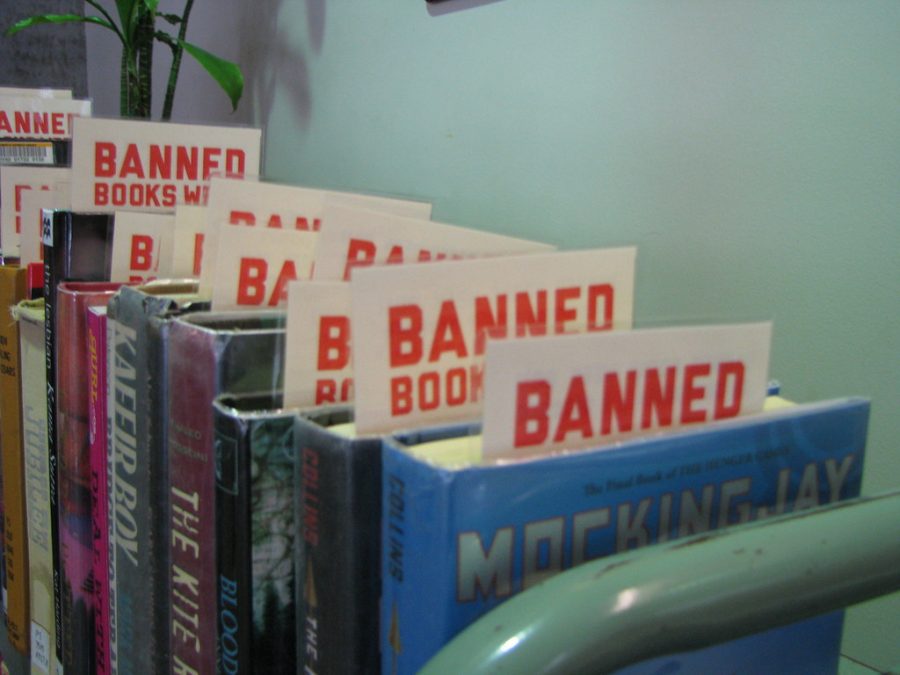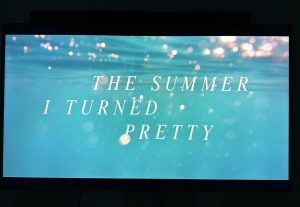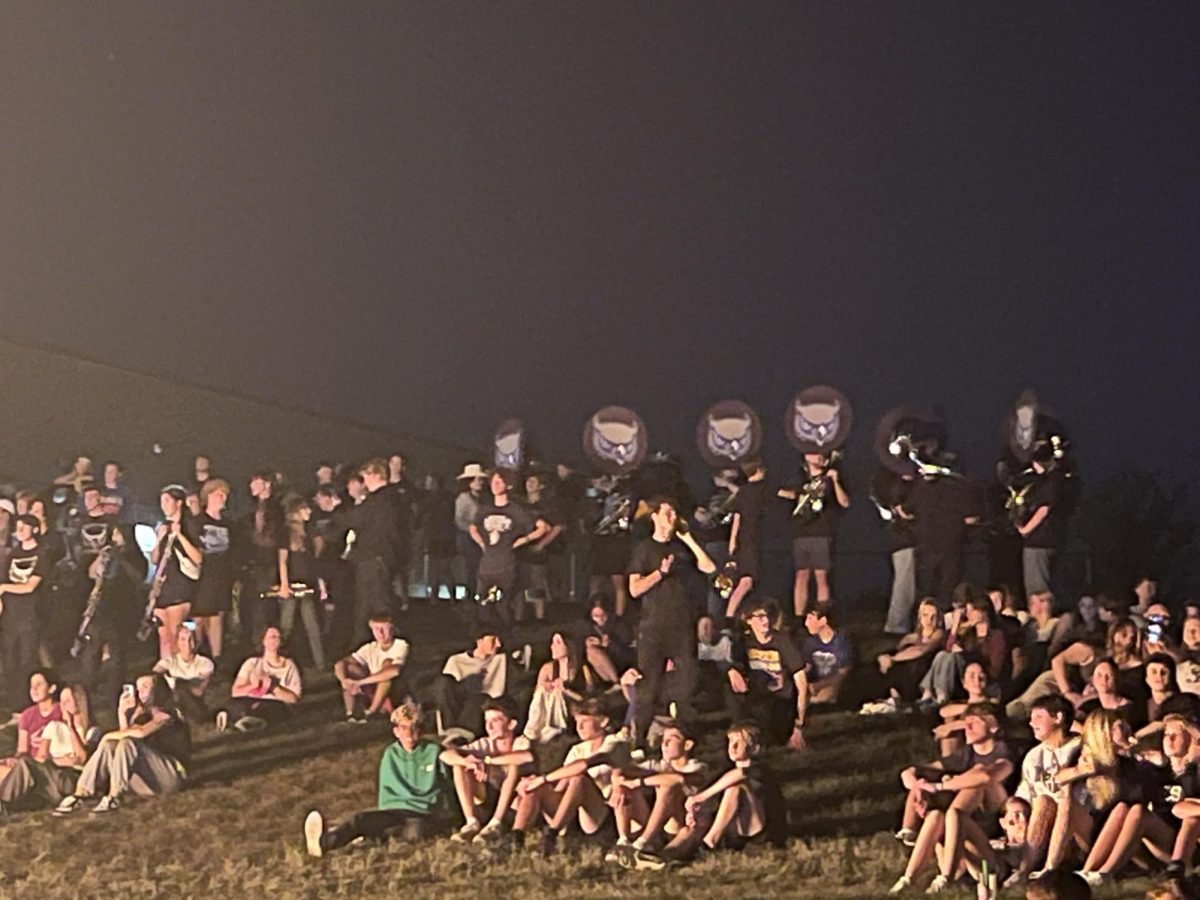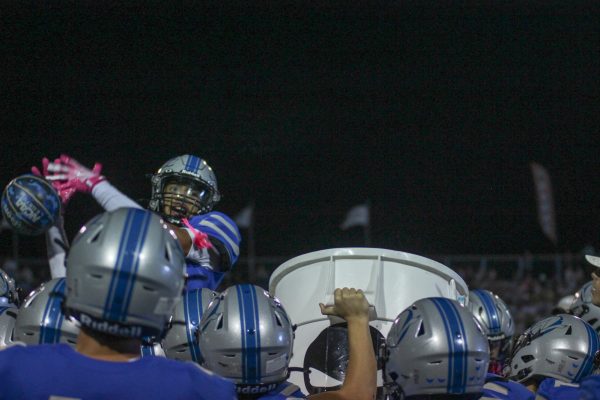Indiana Bill 167 Would Bring Substantial Changes to Teaching Curriculum
January 24, 2022
A bill recently proposed in Indiana has stirred criticism among teachers and controversy among lawmakers. Bill 167, as it is called, would bring great changes to the teaching curriculum, aiming to remove any content from classrooms that implies that one group of people is more or less moral than another, and enforces heavy censorship rules.
The new rules Bill 167 proposes include:
- All educational materials and curriculum are required to be posted on the school website
- Public records may be displayed on school website, according to the discretion of the school
- Parents are allowed to opt their students out of certain educational activities and curriculum
- Schools are required to create a “curricular materials advisory committee” made up of parents, teachers, administrators and community members to recommend what schools should or should not include in the curriculum
- Schoolteachers are required to remain neutral when teaching issues involving sex, race, ethnicity, religion, color, nationality, or political affiliation
- School employees are prohibited from attending training that discusses issues of sex, race, ethnicity, religion, color, nationality, or political affiliation; such as inclusivity training
- School psychologists/counselors are required to receive a written signature from parents before administering psychological help to a student
The bill itself was inspired by recent debates about Critical Race Theory (CRT), a theory that maintains that there is still deeply rooted systemic racism in America, found within government, policies, and educational institutions rather than solely within the bias of individual people. Some parents and educators feel as though CRT pushes the notion that white individuals are inherently responsible for the injustices faced by black Americans, as the curriculum implies that racism is still prevalent in today’s society.
Though Bill 167 was proposed in Indiana, the movement to bring more parental oversight to curriculum and education can be seen all across the country, including in our library at Olathe West.
“There was a parent who disagreed with a book we had, that dealt with a mental health topic, that dealt with suicide ideation,” head librarian Melanie Massey said. “The parent came in and said ‘I just don’t think this should be here.’”
Scenarios such as this one raise an important question: Should we pass laws such as Bill 167 to limit student’s intake of potentially harmful media?
“I think it’s a complicated question,” Massey said. “Some of the things are already occurring, such as curriculum writing committees.”
Curriculum writing committees, which are present in Bill 167, are a group of people composed of teachers, administrators, and parents who meet regularly to discuss what materials should or should not be included in a school’s curriculum,before sending curriculum ideas to the school board to be voted upon.
“The concern for me is the review committee,” Massey says. “When I sit on a committee and write curriculum, it’s because I’ve been trained in that area. Nobody’s going to ask me to sit and review the science curriculum, because I don’t have the expertise to analyze the science curriculum. Why do we require teachers to get a degree in their field if they’re not going to be considered a subject expert?”
Perhaps the most controversial component of Bill 167 is its censorship propositions.
“When it comes to school libraries, I really believe you look at the age of a student,” Massey said. “I was an elementary librarian. In the books I had there, the main characters are children. Having said that, I believe in having a very diverse collection, so every student can find themself in a book. Whether that’s looking at their socioeconomic status, looking for a book where the character is the same race they are, or the same religion that they are. I believe very much in students getting to choose what they read.”








